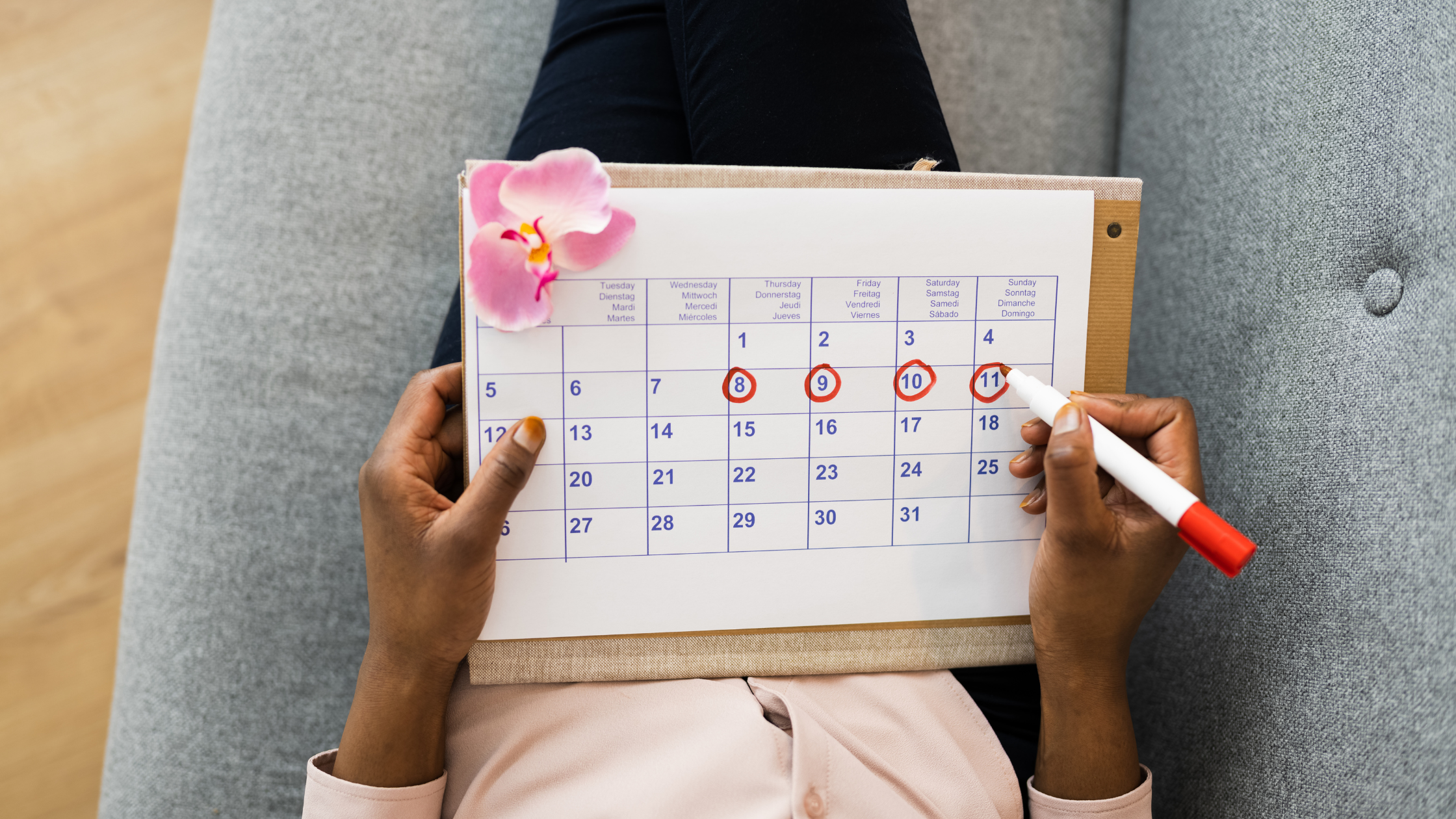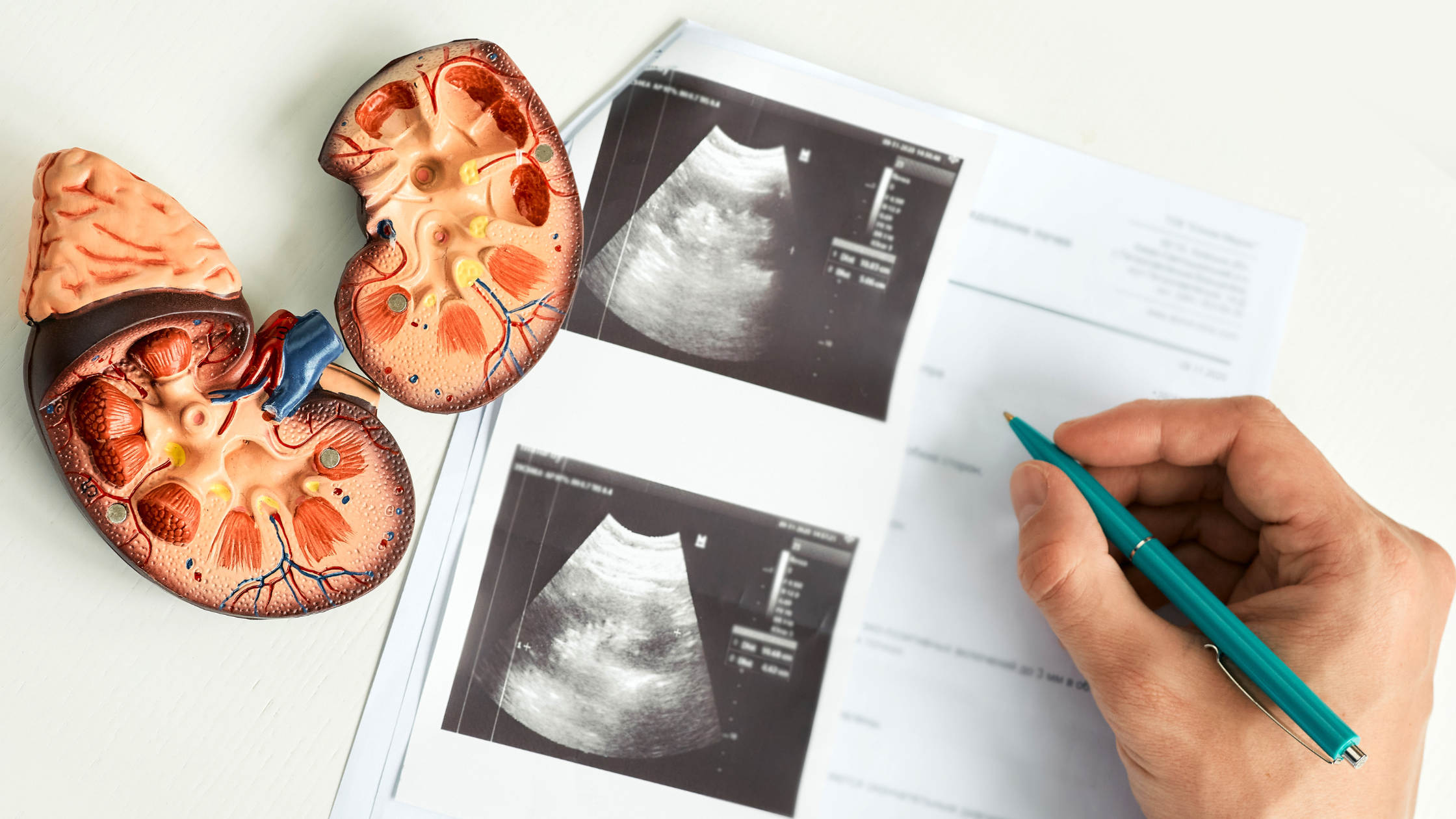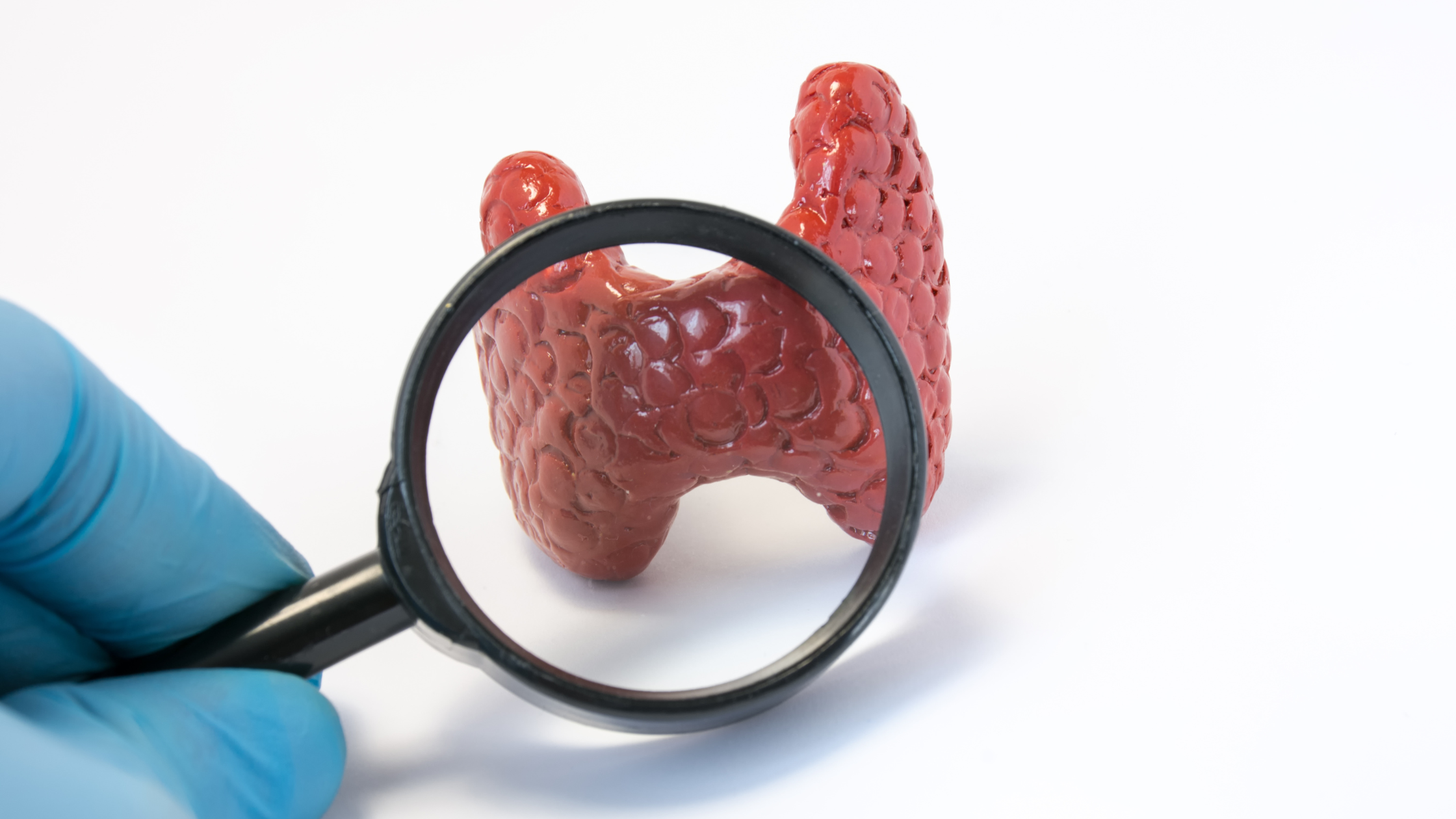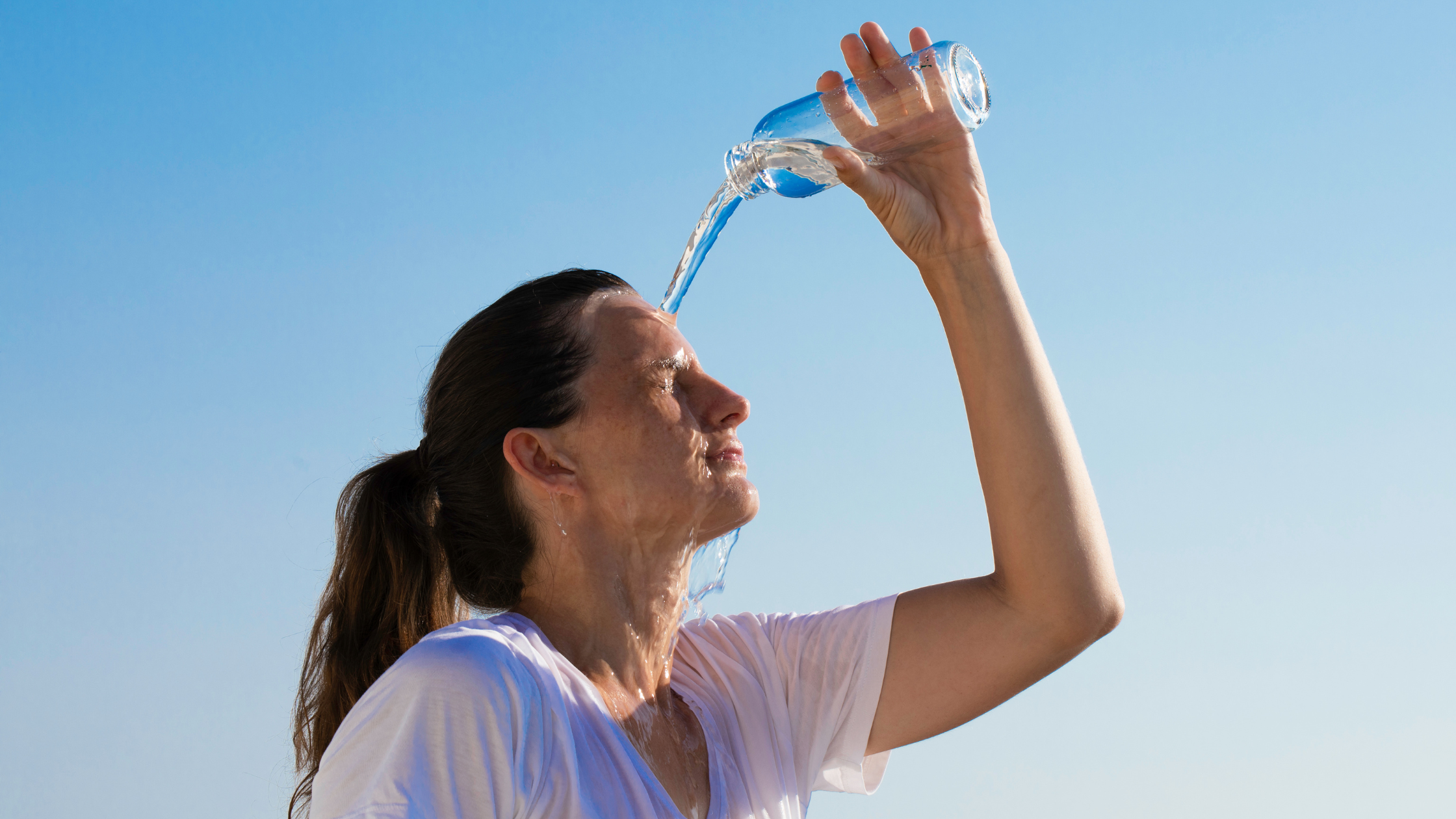6 Common Reasons You’re Retaining Fluid
Written by TYE Medical on Aug 10th 2023
Does it seem like you’ve gained weight overnight? Feeling bloated much of the time? Noticing persistent puffiness in your hands or feet? You could be battling fluid retention. This means your body tissues are holding on to fluid rather than releasing them to your bloodstream. When fluid circulates through your system, it is carried to your kidneys which filters out the excess to be passed as urine.
But when your tissues retain the water, it accumulates and causes the uncomfortable symptoms you’re experiencing. Since you’re probably ready to get to the root of the problem, here are six common causes of fluid retention.
1. High Salt Diet

If you’re tempted to skip this first cause–don’t! Even if you’re a “healthy eater,” salt could still be the culprit. It’s not uncommon for otherwise “healthy” convenience foods to include hefty doses of salt. And over the course of weeks and months, your average salt intake could be creeping toward the higher end. We get it: you’re busy. A cleverly marketed healthy meal can be alluring as it promises all the right benefits along with a much needed time saving advantage. But be sure to check the label carefully to avoid ingesting too much salt.
A high salt diet can lead to high blood pressure, kidney disease, and heart disease. If you suspect your salt intake has been elevated for a while, it’s a good idea to visit your doctor. Meanwhile, you can cut your daily salt while increasing herbs, seasonings, and citrus to boost flavor.
2. Your Period Is Starting Soon

You can retain fluid up to two weeks before your period begins. You can thank your female hormones for the lengthy discomfort. But not all women experience the same hormone levels, which your window for bloating and retaining water might be shorter or more sporadic depending on your hormone levels each month. You might not even retain water at all or do so only occasionally.
You don’t need to see your doctor for period-related fluid retention. But you can reduce your salt intake and take a magnesium supplement as your period draws closer. It’s also important to drink plenty of water during your period to encourage your kidneys to flush out more fluid.
3. You’re Nearing Menopause

The time leading up to official menopause is known as perimenopause. During this time your hormones can fluctuate dramatically, causing you to retain fluid, among other pesky symptoms. If you were prone to PMS symptoms like bloating when you were younger, you’re more likely to experience them during this time. Whether it’s menopause or some serious PMS symptoms, it is worth a trip to your doctor to find out what options for relief may be available.
4. You Have Kidney Problems

Your kidneys filter your blood, filtering fluids and determining what your body can use again and what is waste. But when your kidneys aren’t functioning properly, waste (including fluid) builds up and causes water retention.
This definitely warrants a visit to your doctor, especially if you have other symptoms such as more frequent urination, anemia, difficulty sleeping, muscle cramps, headaches, and unexplained weight loss. Kidney disease is often symptomless until its advanced stages.
5. You Have Thyroid Issues

One of the most common causes of thyroid problems is auto-immune related, which means your body attacks your thyroid. This often leads to an underactive thyroid gland. Symptoms include:
- Water retention
- Feeling cold frequently
- Lower energy levels/fatigue
- Headaches
- Heavy periods
If you suspect your thyroid is the culprit, it’s best to get checked. An untreated underactive thyroid can cause other problems like heart disease.
6. You’re Too Hot

Your body tends to swell in hot weather, especially when dehydrated. When deprived of necessary water, your bodily tissues hold on to what they have rather than releasing them to your bloodstream. But if you’re staying hydrated, your tissues allow water to pass through. If you’re swelling in the heat, be sure to drink plenty of hydrating fluids and take regular breaks from the heat to help your body regulate itself.
Similarly, your body can become dehydrated from drinking too much caffeine. So, be sure to take it easy on the caffeinated beverages and drink plenty of water and other hydrating liquids in between.
Should You Be Concerned About Retaining Fluid?

Fluid retention can last a couple of days or a couple of weeks depending on the underlying causes. But if you’ve surpassed the two-week mark and are still bloated and retaining water, then it’s important to follow up with a doctor.
Most of the time, retaining fluid is annoying and not serious. But as noted, sometimes it’s important to see your doctor as the cause could indicate a more serious problem like kidney disease. But if you experience difficulty breathing or chest pains along with ongoing fluid retention, then seek immediate medical care.

